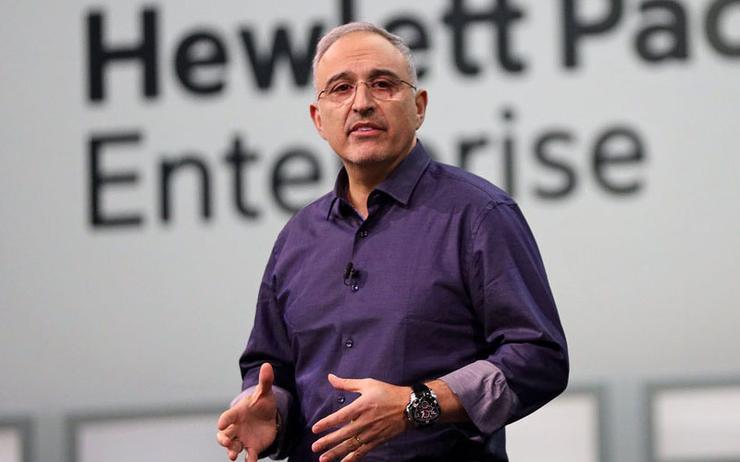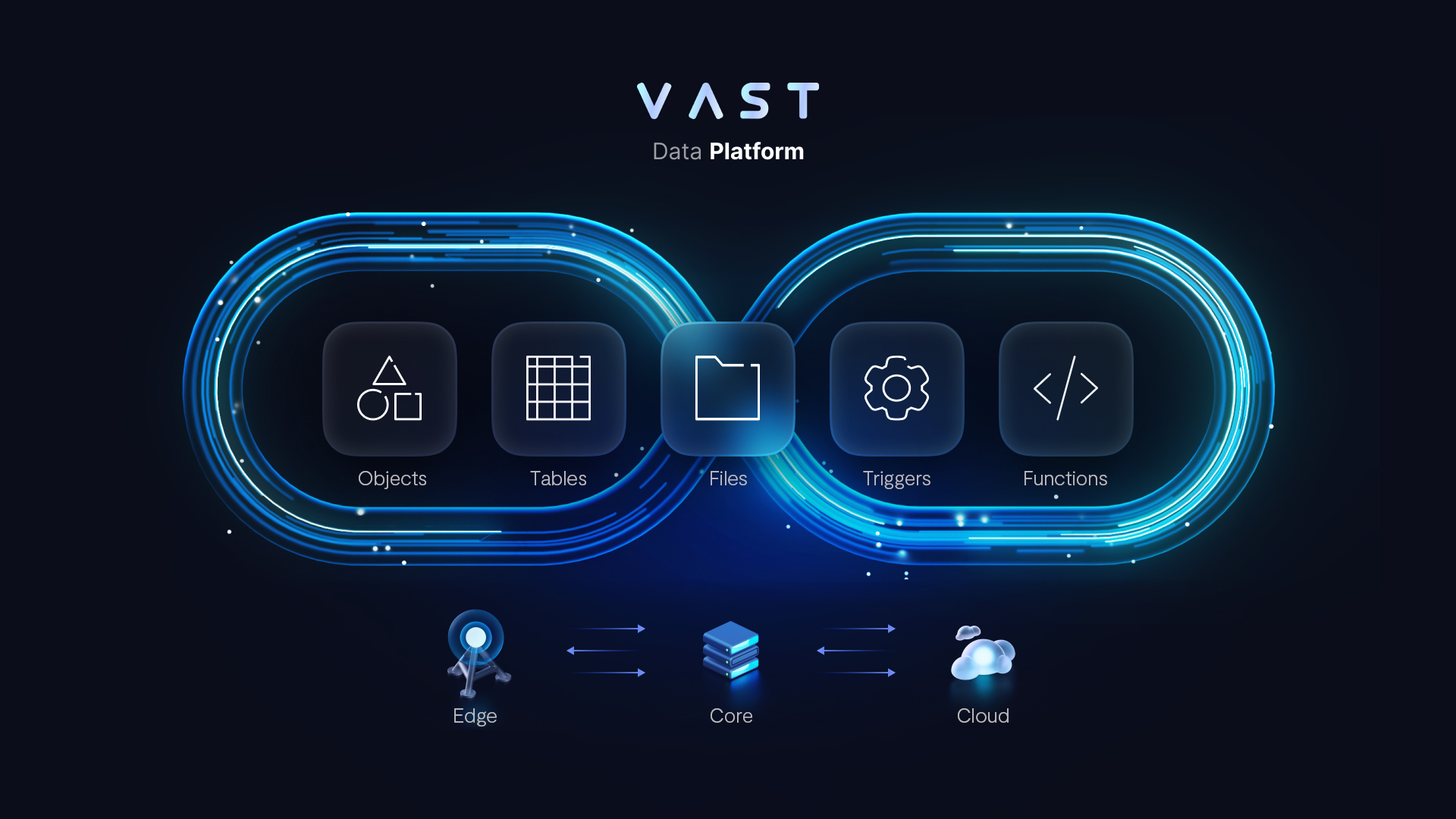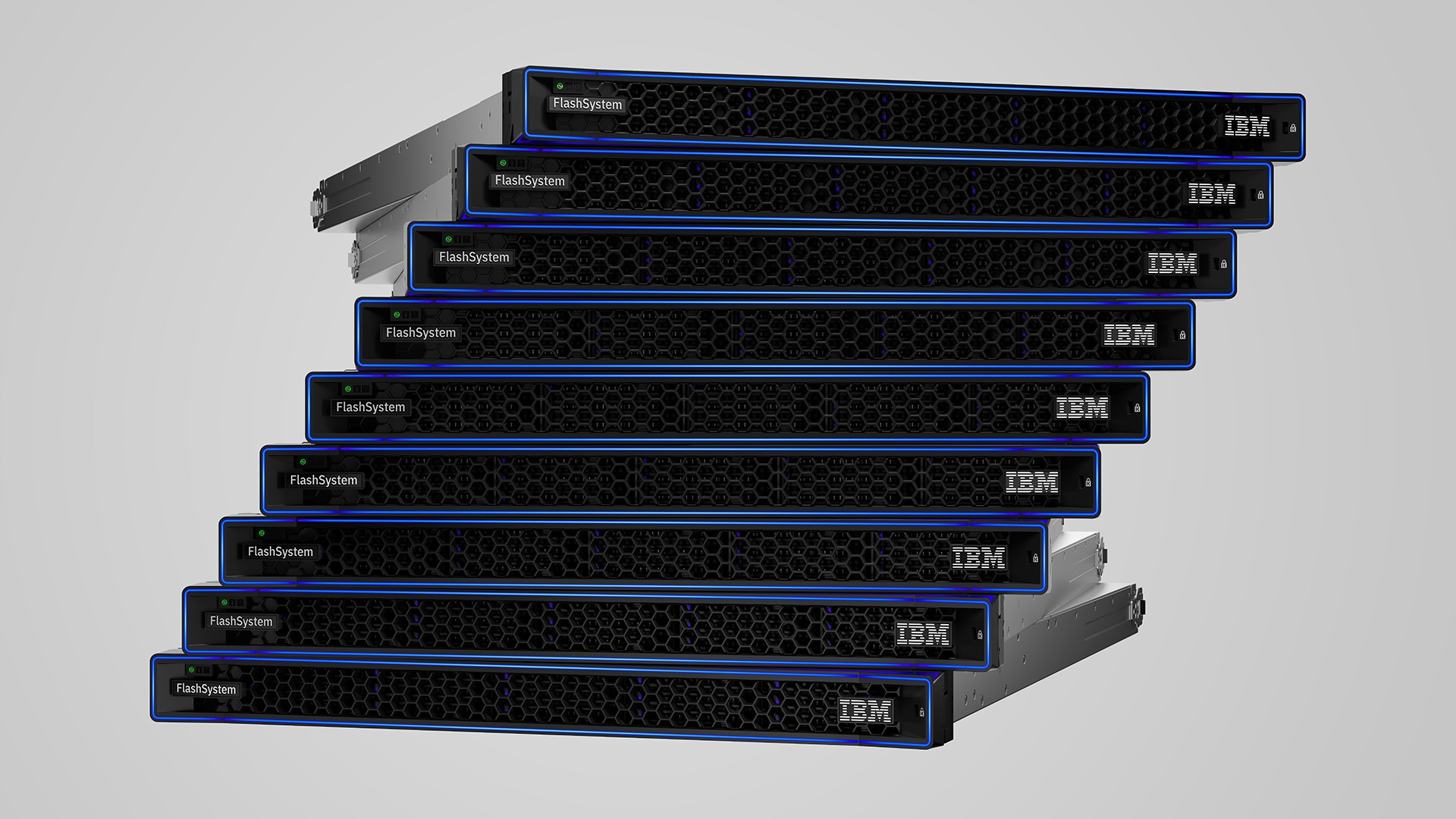At the recent NVIDIA GTC 2025, Hewlett Packard Enterprise (HPE) and NVIDIA jointly introduced NVIDIA AI Computing by HPE, full-stack AI infrastructure offerings targeting enterprise deployment of generative, agentic, and physical AI workloads.
The solutions span private cloud AI platforms, observability and management software, reference blueprints, AI development environments, and new AI-optimized servers featuring NVIDIA’s Blackwell architecture.
The companies also announced new enterprise services and modular data center designs, which aim to reduce the complexity and time-to-value of AI adoption in production environments.
HPE Private Cloud AI Y& NVIDIA AI Data Platform Integration
HPE extended its Private Cloud AI portfolio with a new integration with the NVIDIA AI Data Platform, enabling enterprises to run training, fine-tuning, and inference workflows in a self-service cloud model delivered via HPE GreenLake.
The combined stack utilizes NVIDIA’s accelerated computing, networking, and AI software alongside HPE’s enterprise storage and orchestration capabilities.
Key additions include:
- New HPE Developer System for Private Cloud AI: A single-node, NVIDIA-powered development environment supporting 32TB of integrated storage and end-to-end AI software, enabling rapid prototyping and testing of AI models.
- Data Pipeline Enhancement via HPE Data Fabric: A unified edge-to-cloud data layer supporting structured, unstructured, and streaming data. This backbone feeds AI models with consistent, high-quality data across hybrid environments.
- Support for NVIDIA AI-Q Blueprints and Microservices: HPE validated new blueprints such as multimodal PDF data extraction and digital twins, enabling plug-and-play deployment of complex AI workloads using NVIDIA Llama Nemotron models and NVIDIA NIM microservices.
AI Observability: HPE OpsRamp GPU Optimization
HPE introduced GPU observability capabilities within HPE OpsRamp, enabling customers to monitor, optimize, and troubleshoot AI-native software stacks running on NVIDIA infrastructure. This functionality is available as an integrated feature of HPE Private Cloud AI and as a standalone service.
Customers can also subscribe to a Day 2 operational service that combines HPE Complete Care with NVIDIA GPU optimization tooling, aimed at enterprise IT teams managing large-scale AI training and inferencing clusters.
New Server Platforms for NVIDIA Blackwell
HPE introduced several server platforms built for Blackwell-based AI compute workloads, targeting training, fine-tuning, inference, and converged HPC-AI environments.
- NVIDIA GB300 NVL72 by HPE: A high-density, liquid-cooled cluster platform optimized for trillion-parameter model training and video inference workloads.
- HPE ProLiant Compute XD + HGX B300: Targets customers needing scale-out infrastructure for large model development and agentic AI reasoning.
- HPE ProLiant Compute DL384b Gen12 + GB200 NVL4 Superchip: Supports converged HPC-AI workloads, including graph neural networks and scientific modeling.
- HPE ProLiant Compute DL380a Gen12 + NVIDIA RTX PRO 6000 Blackwell: A PCIe-based system focused on visual computing and enterprise inference workloads.
Data Center Infrastructure: Modular Cooling and Deployment
HPE announced its AI Mod POD, a modular and performance-optimized data center design that supports up to 1.5MW per module. This solution incorporates Adaptive Cascade Cooling, which supports hybrid and 100% liquid-cooled configurations.
Analysis
The broad set of announcements reflects a deepening strategic relationship between HPE and NVIDIA. They target enterprise AI infrastructure with an emphasis on turnkey deployment, full-stack integration, and agentic AI enablement. The combined solution set addresses key enterprise pain points: data unification, observability, security, and deployment agility.
From a competitive perspective:
- Against Public Cloud AI Platforms: HPE and NVIDIA position Private Cloud AI as a cost-efficient alternative for organizations preferring on-premises or hybrid deployments. The self-service model and pre-validated blueprints lower operational barriers compared to hyperscaler platforms.
- Against Traditional Infrastructure Vendors: Competitors like Dell Technologies and Lenovo may need to accelerate similar full-stack offerings to maintain relevance in enterprise AI engagements.
- In AI Data Platform and Agentic AI Space: The support for agentic frameworks and enterprise-grade reasoning models differentiates the offering, particularly as customers seek practical applications of LLMs beyond content generation.
The announcements reflect a concerted move to operationalize AI for mainstream enterprises. By integrating AI infrastructure, model blueprints, observability, and services under a unified framework, HPE looks to leverage its strong position in enterprise computing, especially its GreenLake private cloud offerings, to meet the needs of the fast-growing enterprise AI infrastructure segment.
Competitive Outlook & Advice to IT Buyers
The new offerings compete against a range of offerings, including public cloud and traditional OEM systems..
These sections are only available to NAND Research clients. Please reach out to [email protected] to learn more.





